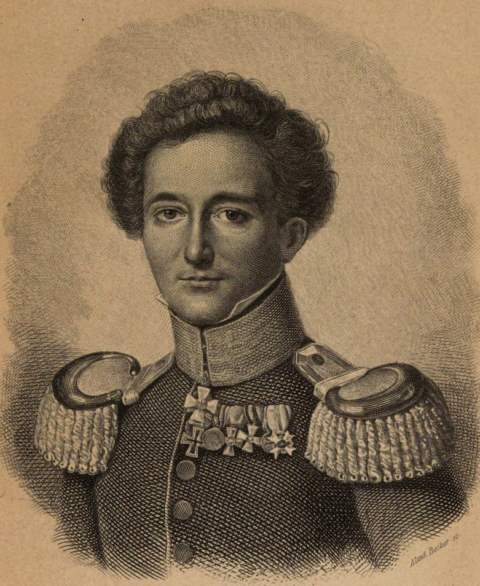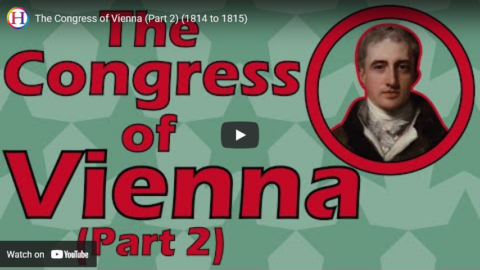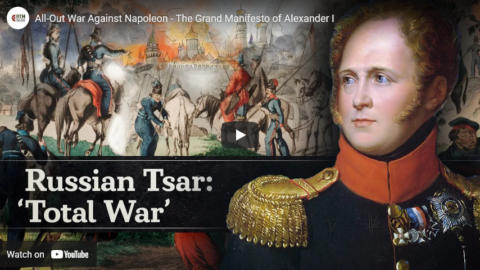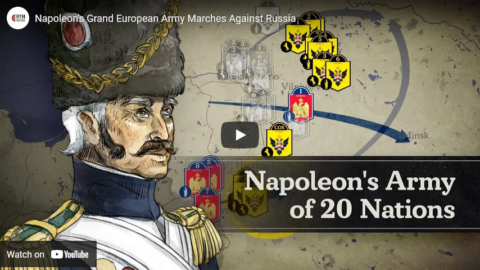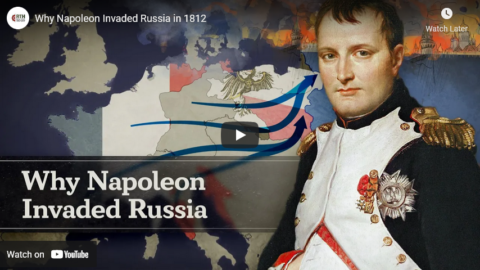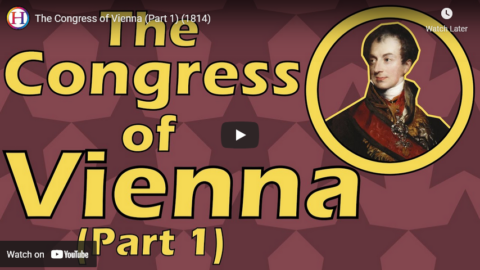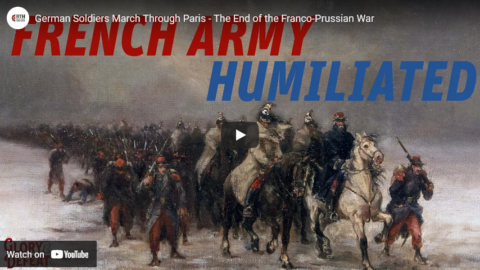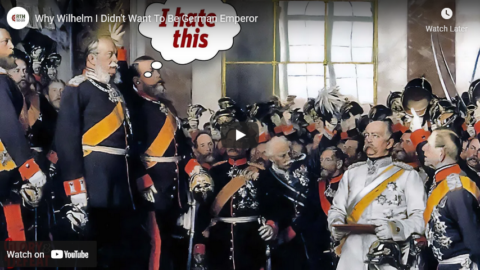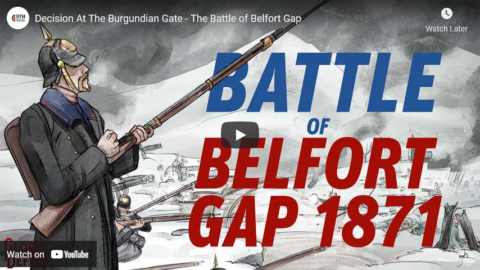Bruce Gudmundsson’s Tactical Notebook Substack has covered a lot of WW1-era artillery unit organization since I started subscribing, but on Tuesday he offered some notes on how to approach the life and work of Carl von Clausewitz for the non-professional-soldier audience:
The beginning of wisdom where Clausewitz is concerned is to realize that he was the professional soldier with a great deal of trigger time under his belt. If you doubt this, crack open one of the two fine biographies that are readily available to English-speaking readers. Indeed, even if you need no convincing on the subject of the active service of the Philosopher of War, a biography is a good place to start your engagement with this extraordinarily interesting man.
For reasons of style and sentiment, I prefer the older of the two biographies. Composed by popular historian Roger Parkinson in the days before Clausewitz was cool, Clausewitz: A Biography devotes nine of its seventeen substantive chapters (the three-page epilogue doesn’t count) to tales of active service. It is, moreover, the sort of book that was written to be read, for edification and enjoyment, by intelligent members of the general public.
Clausewitz: His Life and Work, is the product of our own times, one in which a great deal of military history is written by people with doctoral degrees, and people with doctoral degrees teach at war colleges. Though afflicted with both of these aforementioned handicaps, author Donald J. Stoker has managed to produce a work as readable as that of Parkinson. Better yet, he has succeeded in devoting even more attention to periods when Clausewitz was more concerned with the immediate possibility of enfilade and defilade than the distinction between “nature” and “character”.
Once you have learned a bit about Clausewitz the soldier, you will be ready to embrace Carl the lover. For this stage of your journey, you will have but one companion, Vanya Eftimova Bellinger’s Marie von Clausewitz: The Woman Behind the Making of On War.
Fear not, while this biography of the remarkable Frau von Clausewitz is a love story, it has little in common with what passes for romance these days. Neither is it, as the subtitle suggests, largely about the posthumous assembly of the various fragments of On War into the work that made its author famous. (Professor Bellinger tells that tale in less than five pages.) Rather, Marie von Clausewitz is largely a tale of the books, ideas, culture, and politics of the times and places in which the heroine and her husband lived.
If you wish to delve further into the aforementioned milieu, you should read all three of the books of Peter Paret that have “Clausewitz” in their titles. In sharp contrast to his partner in translation, Professor Paret was much more interested in the ideas that influenced Clausewitz than the way that people of subsequent generations reacted to the products of his pen. (While the greatest, by far, of all American Clausewitz scholars, Paret was, first and last, a student of the great reform movement that took place in Prussia after the disaster of Jena-Auerstadt.) If, however, you wish a more direct route into the military mind of the subject of this piece, then the next step in your journey should consist of a long visit with Gerhard von Scharnhorst.

